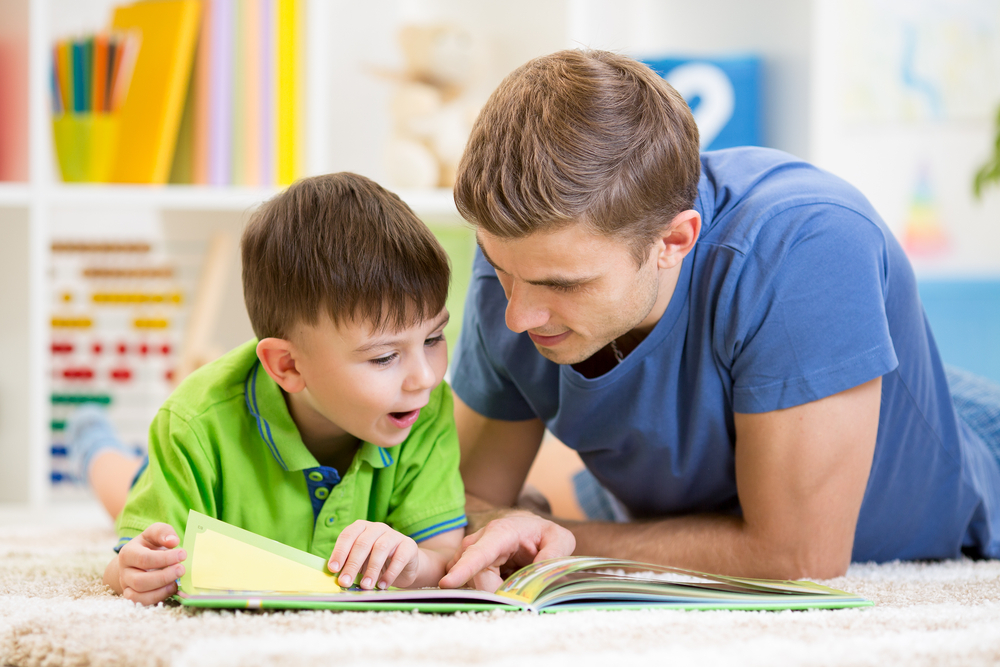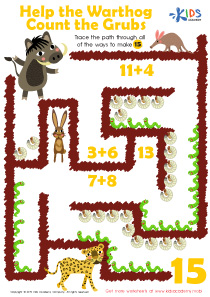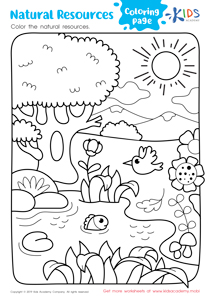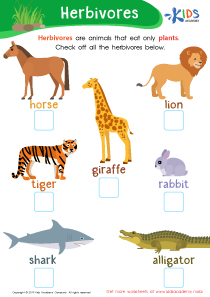Normal Phonics Worksheets Activities With Answers for Kindergarten
2 filtered results
-
From - To


Rhyming Words: Assessment Worksheet


Vowel and Consonant Sounds: Assessment Worksheet
In the foundational years of education, particularly in Kindergarten, the development of reading skills sets the stage for a child's academic trajectory. Integrating Normal Phonics Worksheets Activities With Answers for Kindergarten into the curriculum offers a structured approach to learning the sounds that letters and combinations of letters make. This essential skill not only enhances early reading abilities but also fosters a love for literacy from a young age.
Normal Phonics Worksheets Activities are meticulously designed to introduce young learners to the basics of phonics in an engaging and interactive manner. These activities help children understand the relationship between letters and sounds, which is crucial for decoding words. As students become more familiar with this relationship, their ability to read unfamiliar words by sounding them out improves significantly.
The inclusion of answers with these phonics worksheets serves as an excellent tool for both educators and parents. It provides immediate feedback to learners, encouraging self-correction and promoting a deeper understanding of the material. This feedback loop is vital for building confidence in young readers, as they can see their progress and understand the areas that need more attention.
Moreover, Normal Phonics Worksheets Activities are crafted to cater to the diverse learning needs of Kindergarten students. The variety of exercises ensures that all children, regardless of their learning styles, can effectively engage with phonics. From matching activities and fill-in-the-blanks to more complex sound association tasks, these worksheets offer a comprehensive phonics exploration.
In summary, Normal Phonics Worksheets Activities With Answers for Kindergarten are an indispensable resource in the literacy toolkit for early educators and parents. They provide a solid foundation in phonics, which is essential for developing reading skills. By integrating these activities into the learning process, educators can ensure that their students are well-equipped to tackle the challenges of reading and set on the path to lifelong learning and literacy.

 Assign to the classroom
Assign to the classroom

.jpg)

.jpg)








